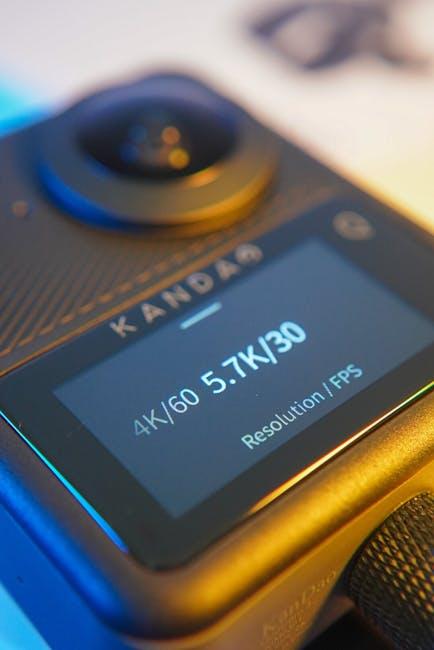OpenAI, the forefront leader in artificial intelligence, has been making waves in the technology world for quite some time. Their groundbreaking inventions and advancements have left everyone in awe and anticipation. One such invention is the Sora video generator, which has been the talk of the town lately. However, in an unexpected turn of events, the highly-anticipated Sora video generator was briefly leaked by early users in protest. This event has sparked widespread discussion and raised questions about the boundaries and ethical practices surrounding AI technology.
The Sora video generator, developed by OpenAI, is an advanced AI model designed to generate realistic human-like videos from minimal input. By providing a few lines of text as a prompt, users can unleash the power of Sora to generate high-quality videos featuring their desired characters or scenarios. This groundbreaking tool has the potential to revolutionize the film and entertainment industry by enabling creators to visualize their ideas without the need for complex shooting setups or professional actors.
The early users who leaked the Sora video generator did so as a form of protest against OpenAI’s decision to tighten access to the technology. OpenAI believes that such sophisticated AI models could be potentially misused or abused. In an effort to prevent this, they have chosen to closely monitor and limit access to the Sora video generator to prevent any unauthorized distribution or malicious manipulation.
However, some users and AI enthusiasts argue that restricting access to such groundbreaking technology undermines the spirit of innovation and collaboration. They contend that the leaked videos were not intended for malicious purposes but rather sparked curiosity and excitement amongst the AI community. By taking away access, OpenAI may inadvertently hinder the potential progress that could have been achieved through widespread experimentation and feedback.
Nonetheless, OpenAI’s cautious approach towards advanced AI models like Sora is not without reason. The ethical concerns surrounding AI technology are a hot topic of debate. There is a fear that AI-generated content, particularly deepfakes, could be used to spread misinformation, defame individuals, or manipulate public perceptions. OpenAI, like other responsible AI developers, needs to strike the delicate balance between innovation and ensuring technology is not weaponized or manipulated for harmful intent.
The leaked Sora videos, although brief, have garnered significant attention. People have marveled at the realistic animations and the potential applications this technology could have in various industries. The leaked videos showcased the vast potential of Sora, raising both excitement and concerns about the future of AI-generated content.
With the Sora video generator, OpenAI has once again demonstrated their pioneering position in the world of artificial intelligence. While the leaked videos provided an unexpected glimpse into its capabilities, the incident also highlights the complex challenges that AI developers face in terms of access restrictions and responsible use. As AI technology continues to evolve, it is crucial that ethical guidelines and regulations are put in place to ensure the responsible development and use of these powerful tools.
the brief leak of OpenAI’s Sora video generator by early users has caused a stir in the AI community. It has sparked discussions on the responsible use of AI models, while simultaneously revealing the immense potential for innovation and creativity that this technology offers. OpenAI’s cautious approach underscores the need for careful ethical considerations as AI continues to advance. As we move forward, it is crucial to find a balance between accessibility and responsible use, so that technology like Sora can be harnessed for positive advancements while minimizing potential harm.

